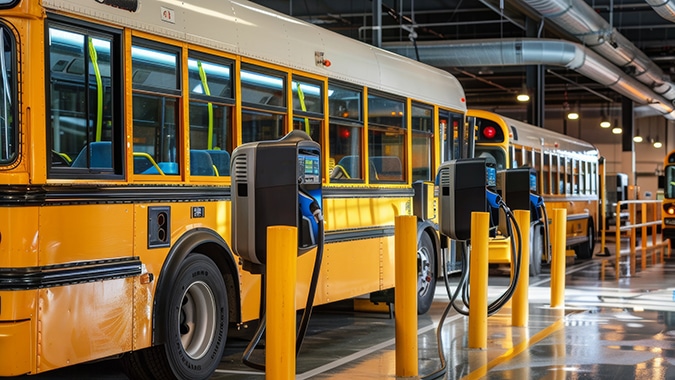NJBIA Deputy Chief Government Affairs Officer Ray Cantor issued the following statement regarding the formal announcement Monday of the filing of the Advanced Clean Cars II (ACCII) proposal with the Office of Administrative Law.
“While we should all work to reduce carbon emissions, the ban of gas-powered cars in such an expedited time frame does not take costs or feasibility into account – and it is likely to result in a major increase in New Jersey residents who actually won’t be able to afford to drive.
“The 2035 directive to only allow EVs to be sold in New Jersey, will likely start in earnest with model year 2027 vehicles – with a mandated target of having 43% new EV sales. That percentage will increase each year heading to 2035. New Jersey’s EV sales, however, are currently only at about 7%.
“If targets are not reached under this mandate, it’s likely there will be a sizable penalty or surcharge imposed on the buyer of every non-EV car sold. So, we will see the real-world impacts of costs much sooner than 2035. This mandate will actually drive up the cost of all cars in New Jersey, new and used, by thousands of dollars.
“We do know that EV sales will increase. However, such a steep ramp-up in electric-only vehicles over 12 years in New Jersey seems impractical, if not impossible, when you consider the lack of charging infrastructure and planning for it. Such a policy also begs the obvious question of where all this increased electricity will be sourced from.
“We are already seeing the problems with this approach in recent reports that EVs are not selling well and are being stockpiled at dealerships. Only large, and unsustainable, government subsidies are keeping this program going.
“A better policy would be to recognize that while EVs are beneficial to the environment, we should not mandate that EVs be the only option. They can be good second cars or local commuting cars. They are good for people who can afford them. But they should not be the only option for those can’t.”

